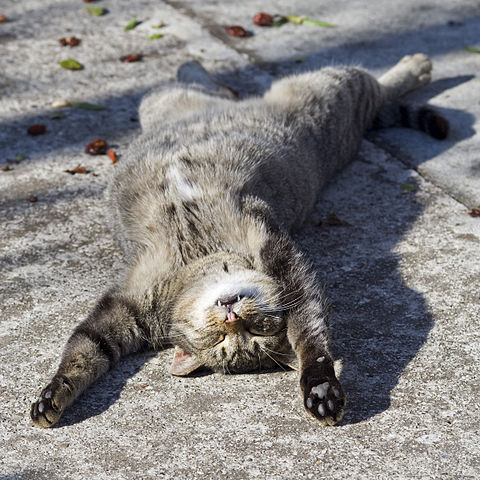One important way to help deal with stress is by getting enough sleep. We are all familiar with how our bodies and minds feel when our sleep was interrupted or just too short – we feel clumsy, inattentive, moody, fatigued, unable to focus or remember.
There are several stages of sleep and two types of sleep.

Throughout the night, we go through several sleep cycles. At the beginning of the night, we have deeper sleep – more non-REM sleep. Toward the end of the night, the sleep cycles consist mainly of REM sleep.

Studies show the many benefits, both physical, mental and emotional, of getting enough sleep.
How can you get good sleep? Avoid eating, exercising or drinking caffeine too close to bedtime. Try to go to sleep and wake up at the same time every day. Have a restful place to sleep – dark, quiet, and cool. Here are more ideas, from NPR – https://www.npr.org/podcasts/510336/sleepbetter .
As with everything, it is possible for sleep to be disordered. Read about sleep disorders here – https://medlineplus.gov/sleepdisorders.html


